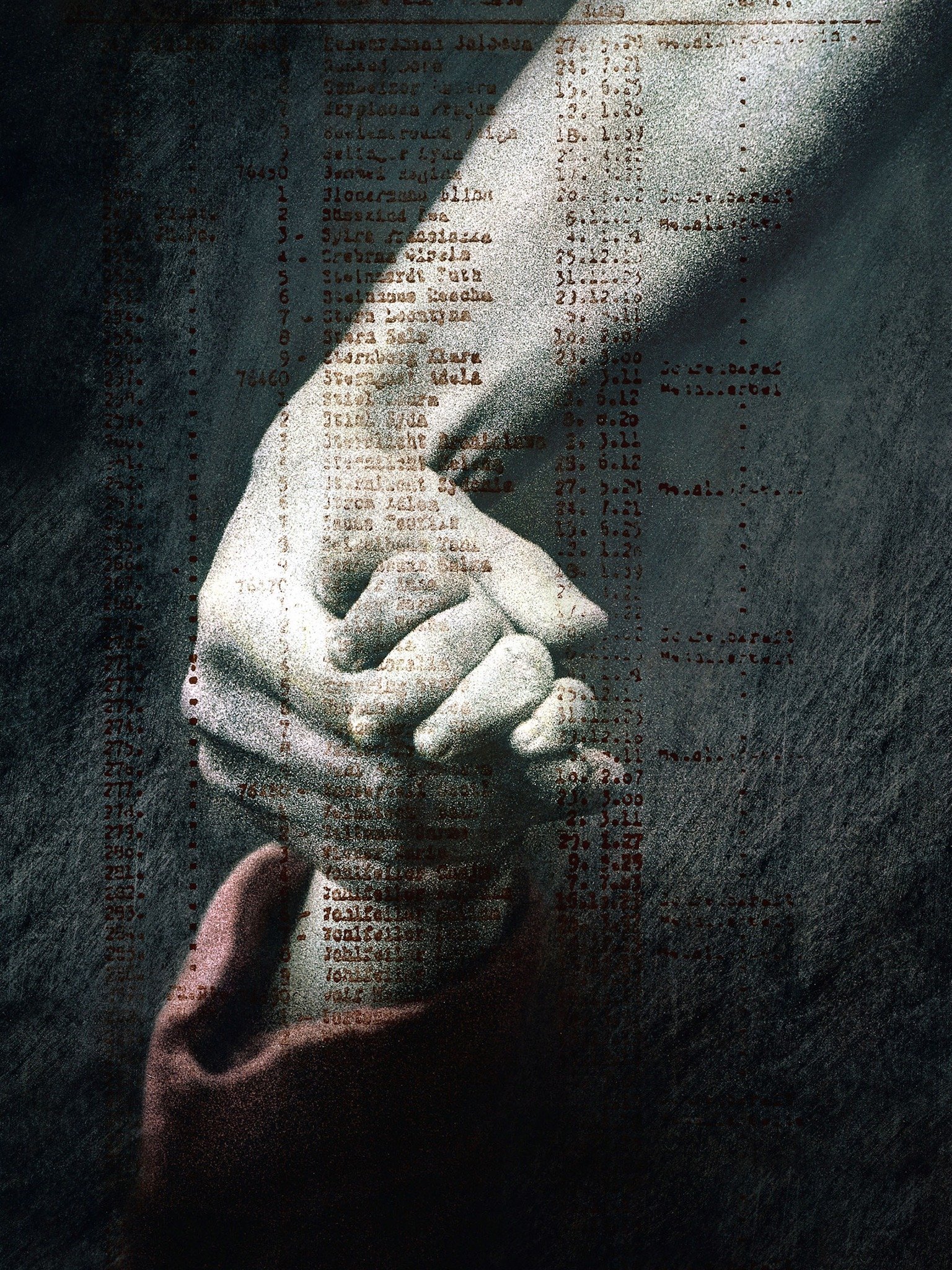 Films
Films
Real in the World of Reel

I still remember the sense of loss and emptiness at 12 years of age when I watched “Schindler‘s List”. I kept on watching with one closed eye till the end hoping that things would be fine and there will be a happy end to all of it. It never ended that way. At that time I didn’t know about the gravity of situation during the World Wars, or how during the Word Wr II, In German-occupied Poland, the industrialist Oskar Schindler slowly developed the worry for Jewish community, where he witnessed their persecution by Nazis. All I knew was that I hated fights and wars. I hated the concept of powerful hurting the weak and all the gory detailes attached to it! The idea stayed with me till this day. I somewhat try to understand the logic or lack of it behind the persecution of weak by those in power! I still cannot come to terms with my fear of watching the movies that show harsh realities for my trust in humanity was deep my bruised at that tender age. Everything was so real for me in the film. It was as if my young eyes was watching it alll happen in real. I unconsciously believed in the reality of it. It very well resonated with the insensitivity projected today and made my affirmations further strong as I watched them come true at that time in all my then innocence.
Am I the only one or there are others like me who feel nerves jiggling in their bones while watching a film? Is there a regular tension that seem to build as the scenes go by? Even though we know the story somewhat prior to watching the film most of the times or even if we don’t, we do manage to squeeze out the crux about the selected film; there seem to be a uniqueness about the interest that build our perception. This makes the whole experience of watching a film aesthetically special. The realists focussing on films as subject of study feels that there is a deep connection with real world. For instance, the characters, places, things, props are all part of reality revolving around us. Some point out that what we see and feel while watching films resemble what is happening around us in some ways. However more rigid believers in the concept argues that realism that we see in films revolve around the capacity to speak and impart ideas by showing the real. Whatever the difference in their perception may be, both seem to be focussing on the kind of perception these films show. This point further to the supports available within the film like music, sound and visual available for the audience to see and perceive.
Do we ever think, that while we watch a film, why do our reactions to scenes, characters or even the plot occur in a particular manner? Also is there a specific reason as to why a particular film have deeper effect on us a s audience compared to many others? If we delve deep into the psychology, we may be able to pinpoint to the reason that perhaps our personal experiences with a particular person, occurrence, or sound etc. push our subconscious to resonate with scenes like our real experiences. We may be able to identify and cuddle closer with them or anything else recreated on screen for our entertainment. These may be the answers that help to justify with the audience’s different response to different films with altogether unique emotions. The adrenaline is very similar to perhaps us watching our number called in draw of lots! The suddenness in seeing us in the position of occurrence is what makes the reality merge with the reel world.

To explain the emergence of Reality in films, we may push in the Illusion theory and pretend theory to explain the concept. Both are present to explain that our feelings and emotions are the result of what we believe in. Where illusion theory says that when we come across a piece of fiction be it visual or textual, we fall under the temporary illusion that the things we are seeing are part of reality and thus responding to it with different emotions. Similarly, when we watch a film, we sometimes even after the movie is over, we unconsciously pretend that either our emotions or personality or maybe situations are like what we saw in that film. This is where pretend theory falls in. Then there is thought theory of Noel Carroll, according to which our emotions have power to get erupted just by the thought of the things that have happened. For instance, there may be a particular scene or shot or prop that stays with us long after we have watched the film and whenever we happen to think about those, our emotions get heightened with the thought and we react to those in a specific manner.
There are various arguments and counter arguments available for these and many other related theories, but the fact of the matter remains that realism has consciously, unconsciously as-well-as subconsciously quite deep roots in the reel world. This paves way to greater physical, emotional, and psychological connection of the audience with the cinema in general and movies. Being an integral part of interactive media, films have a strong connection with the audience and have a great capacity to leave mark on the viewers of varied kind of movies available because ethe props, actors, emotions, sound, and shots that they use ultimately make real and real world a big happy family!